As an online entrepreneur, if you were to create a vision board, what do you think would be top on the list? Of course, a mega-e-commerce business that’s growing at an unprecedented speed!
The online market has outstretched tremendous opportunities for business to business ventures. Thanks to the ready Enterprise ecommerce platforms!
However, since technologies change at a frightening pace, large businesses struggle to cope up with the latest trends. Chances are that their existing solution isn’t agile enough to cope up with an expanding business. That’s when most entrepreneurs consider replatforming.
For a small firm, it’s comparatively convenient to migrate to a software equipped with future-proof administrative and Marketing tools. But don’t you think that for complex businesses, migration to a new enterprise ecommerce platform is nothing but painful?
Replatforming is a complex and layered process as each layer involves the transfer of products, tech and most importantly, the data. No wonder why companies want to avoid replatforming! There is always a fear of performance and losing significant search ranking. Besides, replatforming is an expensive and time consuming affair.
An inadequate enterprise ecommerce platform stirs doubts about customer data breaches, periods of site downtime and disjointed user experience. Hence, it is always better to choose the right solution to avoid problems in the future.
Table of Contents
Choosing the right software to avoid replatforming depends on many factors such as;
What are your business needs?
What are the business goals?
What challenges do you want to cut down as your business grows?
The e-commerce platform landscape is a sea of options. Though you might come across several enterprise ecommerce platforms that promise to offer turn-key features, there is hardly that scales to your business size and growth roadmap. Therefore, as a high-volume online business, you need a solution that meets your exact requirements so that you do not need to move on to another solution at a later stage.
So how to make a perfect choice?
Look for Easy Customisation
You might be wondering if a ready-made solution will be able to give you dynamic web pages and custom options to process your flow. That fear is quite obvious since the majority of the B2B ecommerce platforms have quite a complex and rigid architecture. They are designed on the general premise of large scale business models that cater to other businesses.
You need a solution that seems as if it’s tailor-made for your specific business needs. Good software should not only be able to support you now but also grow with your future sales volumes. And therefore your first preference should be to search for the one that allows easy customisation without any tech knowledge or help from an external team.
The B2B ecommerce platform you choose should be able to;
- Add custom entities or tweak existing ones
- Accommodate a huge number of vendors, products, etc.
- Create and handle multiple storefronts and landing pages
- Incorporate custom flows
- Adapt to B2C capabilities as and when needed for customer dealings
- Provide an option to white-label your backend and frontend for effective branding
As far as customisation is concerned, the above criteria are enough to ensure that your solution will be able to meet your expectations cent per cent.
Choose comprehensiveness over word of mouth
Choosing the right enterprise ecommerce platform means drawing a thin line between sustainable success and outright failure. As far as solutions are concerned there is no one-size-fits-all model. Hence, what has worked for your competitor might not necessarily work for you.
The software you choose should not be based out of word-of-mouth reference. It’s better to consider whether or not it is a comprehensive solution for your niche-focused venture and provides;
- Feature-rich tools for custom flows, custom pricing, order uploads, etc.
- Unique functionalities to manage admin dashboard and vendor details
- Pricing overrides to facilitate wholesale and retail prices on a single website
- Powerful tax engine of the enterprise ecommerce platform to manage buyer and seller taxes.
- A seamless learning curve
- Set-up of audit logs, invoices and payments
- Easy integrations with CRM and social media pages
- Unified customer data to save history, purchase patterns, etc.
The e-commerce software you opt for should be a one-stop-solution for administrative, marketing and branding needs. A holistic solution will neglect the need of replatforming as your business expands in the later stages.
Back up with a solid tech support
Today’s tech-savvy customers are impacting the e-commerce world faster than ever. The Technological advancements have enabled shoppers to keep track of their purchases, gauge prices, shop global and make fair judgments.
Likewise, technology changes have enabled wholesale businesses to leverage new systems for improvising and introducing something new to the market constantly. Hence, a tech-savvy enterprise ecommerce platform should be your priority if you want to establish strong business connections with your buyers.
Since technology changes faster than ever, most companies opt for replatforming because their existing platform cannot provide them the tech-support to scale their business. So that you do not bear the brunt of old technology and burden your company with outdated systems, you need to double-check that the solution offers;
- Flexibility to adapt changes and allow modifications
- Capability to tweak internal flows and processes to customise templates, forms, etc.
- Mobile-responsiveness for the smallest of screens
- Progressive Web Apps for a native-app-like experience
- Auto upgrades without additional plugins or costs
- Robust security and protection from SQL injection, DDoS attacks, etc.
A good, tech-advanced B2B ecommerce platform should not only offer you enough tools to design an agile website, but also help you go into the market in a shorter period.
Treat Saas as a Recipe for Success
Wondering what to choose to set up your high-volume business? Yes, nowadays, there are a lot of options in the market - open-source, On-premise, cloud-based, etc. But according to data from Statista, Saas currently accounts for nearly $90 billion in online revenue, which is expected to increase to over $100 billion by the end of 2020.
Why? SaaS based enterprise ecommerce platforms allow businesses to essentially rent the solution. When the concept of on-demand software first appeared in 2000, entrepreneurs judged its capability in terms of data security and load time. But soon, it's commercial benefits outgrew these concerns.
Currently, Saas has become one of the most preferred options to build an large-scale e-commerce solution due to;
- The manageable and predictable subscription cost that includes every aspect of service delivery, hosting support, upgrades, etc.
- The ability to quickly scale without the hassle of spinning new servers or adding additional plugins or storage
- The ease of quick adoption, delivery and usage.
- High level of security that is otherwise expensive to expect from a locally installed application
The wrong choice of a B2B ecommerce platform can take a toll on you, especially if you do not understand the tech-language very much. In this case, it’s best to learn the bottom line by heart: It’s better to be safe than sorry.
Do the math
‘How much it’s going to cost?’ As an entrepreneur, you must never hesitate to ask this question while choosing your online software. Whether you are a small business about to get launched or an already established traditional model moving online, it’s important to know what exactly you are going to pay for.
Most of the B2B ecommerce platforms will charge you annually and the price can vary depending upon you opt for self-hosted vs. hosted. But it’s still better than an On-premise application where you end up clueless about the final amount to build your website. In the majority of the cases, where wholesale businesses opt for traditional approaches, the cost to set up a fully-functional, automated system is quite higher in comparison to ready-market solutions. And even then, the final outcome is nowhere close to your desired version.
Since the cost you unnecessary give to your enterprise ecommerce platform provider can be kept aside for your marketing efforts, see that you don’t have to pay additionally for;
- Efficient uptime and increased load during heavy traffic
- Android and iOS Apps
- Complete set-up with CDN, firewall, backup servers, image processing, etc.
- Renewal of SSL for multiple substores
- Premium plugins for custom flows
- Cost of integrating your business website with a shipping aggregator
- Premium design themes to resonate with your brand image
- After-sales service using various touch points like emails, live chat support, etc
Burgeoning costs behind an enterprise ecommerce platform can be nagging and is one of the important aspects that drive business owners towards replatforming. And there we go again! Towards greater cost to build everything from scratch. Hence, it’s always better to do your math and make your choice.
The Takeaway
What does it take to build a reliable, secure and scalable model that helps you grow bigger and faster? Most certainly an assured solution provider that understands your business needs as much as you do.
StoreHippo is the new-gen enterprise ecommerce platform that provides all-in-one features to build your online business. It’s unique functionalities, hi-tech features and promise of agility makes it an ideal choice for large-scale operations.
From interactive designs to payment gateways and custom functionalities to marketing tools, it supports your business as it evolves and expands. With StoreHippo, you will not only build an efficient business model but your search for a good B2B ecommerce platform will literally end.
Don’t believe until you experience it yourself? Well, that’s the way it should ideally be. We are happy to extend our 14-day free trial store to introduce you to our feature-rich software.
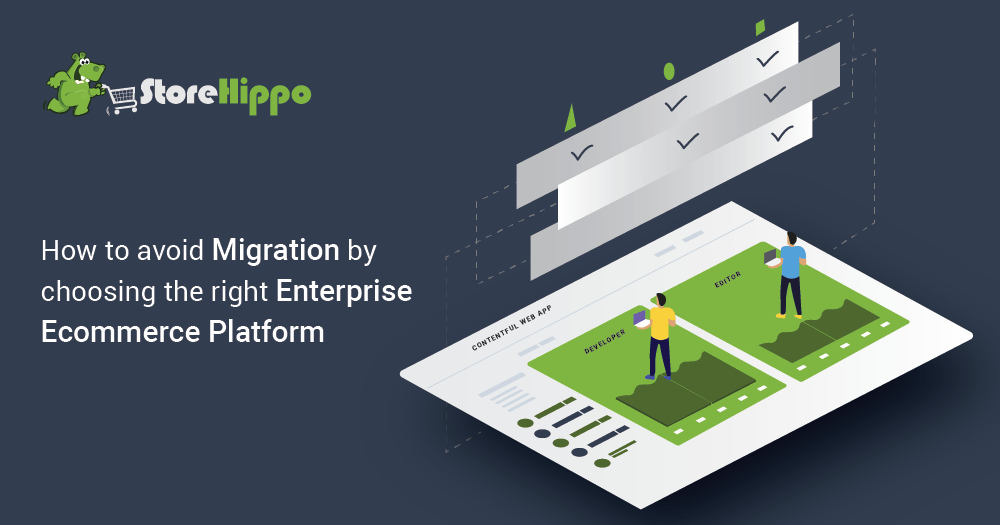

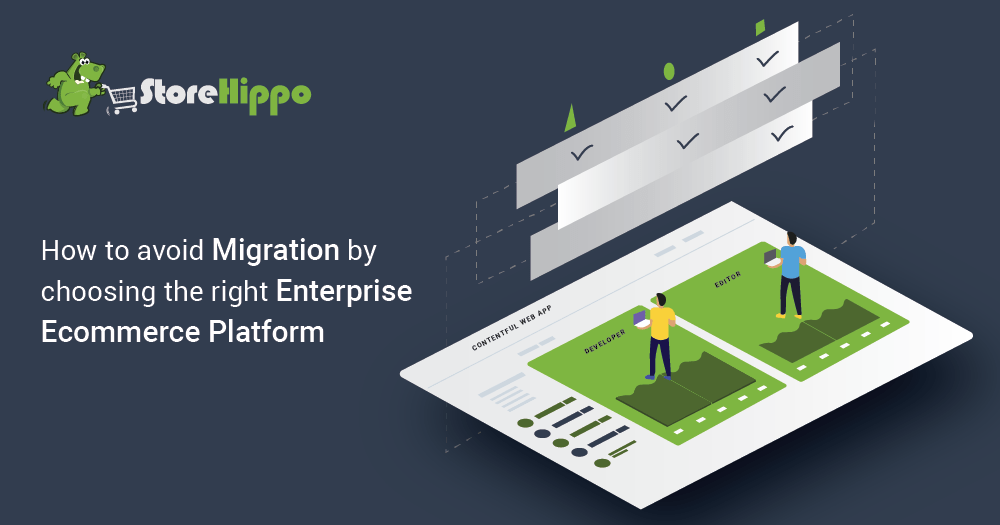












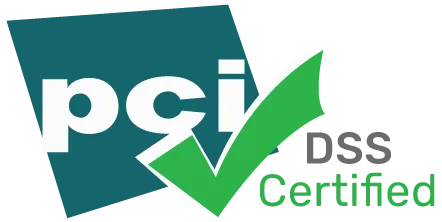
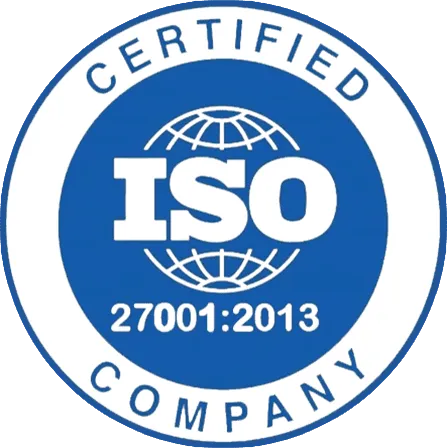



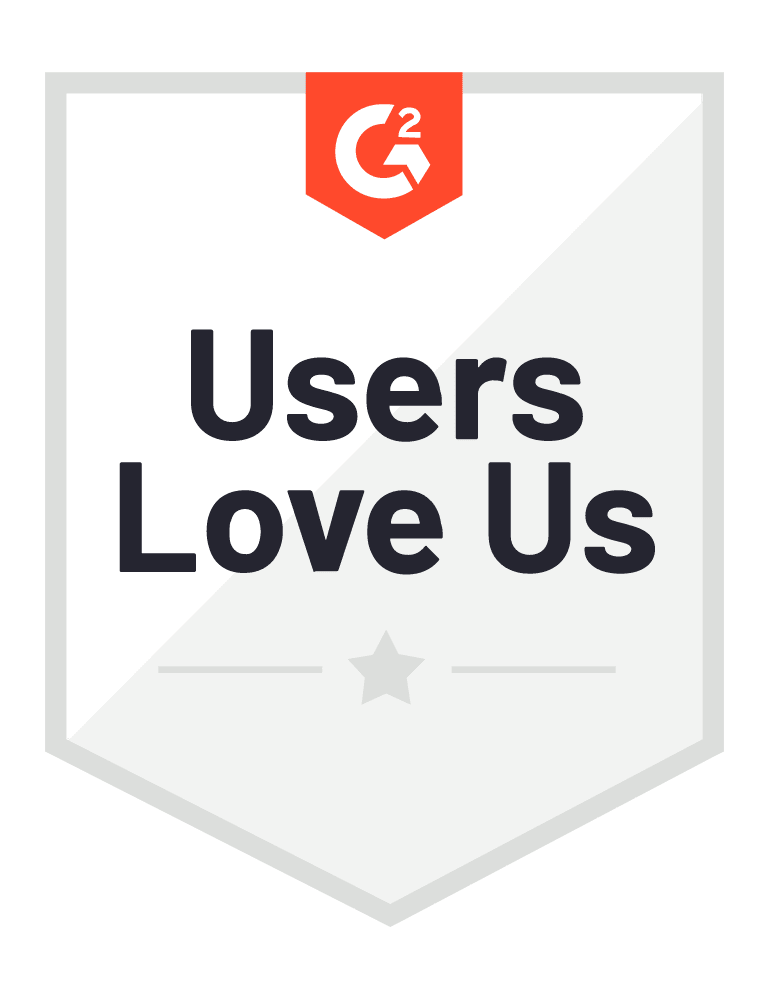

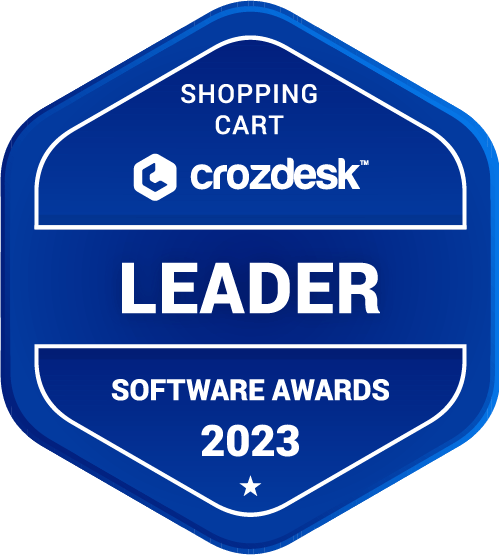
Leave A Comment